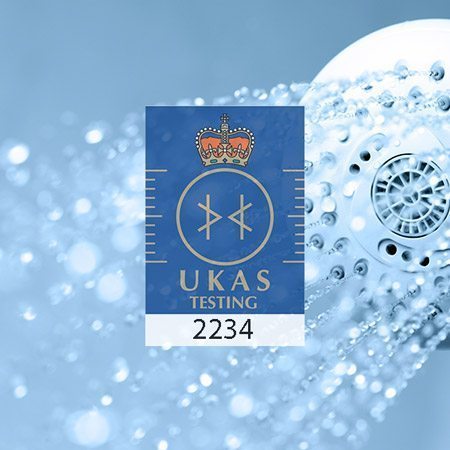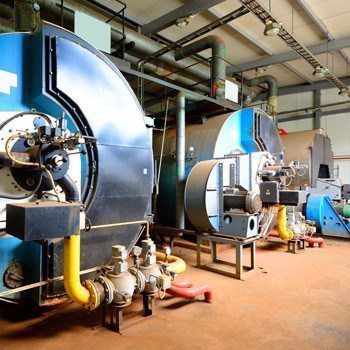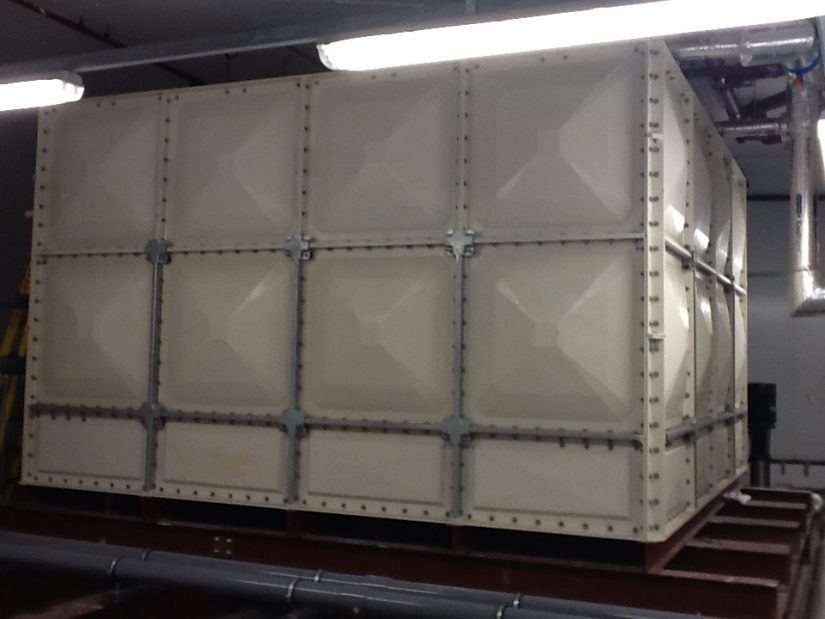Marketing Manager for Feedwater Ltd
In charge of website design and content up keep.
We have just issued a new web page devoted to hotel water treatment, this provides useful location for hoteliers or more likely their engineering / estates manager can view all Feedwater’s services that have relevance to the hotel industry. Out services help keep hotels running within the law adhering to ACoP L8 HSE guidelines in…
Almost all industrial operations use water in some phase of the manufacturing process. The most common process water applications are for heating and cooling operations. In fact, about 70% of all fresh water used by industry today is for non-contact cooling purposes. Chemical plants, petroleum refineries, metal producing plants, textile mills, paper mills, food, rubber, and practically all…
Since the discovery of Legionella bacteria in 1976 Legionella Testing has been made a requirement under good practice guidelines such as those of the HSE in the UK and a requirement under law in many countries for industries operating water systems.
Boiler feedwater regardless of the type and extent of external treatment may contain contaminants that can cause deposits, corrosion and carry-over. The three main objectives of a boiler water treatment programme are therefore to: prevent formation of deposits reduce corrosion of metals prevent boiler water carry-over. This article explains the cause of, problems caused by…
Corrosion is the reversion of metals to their natural state by oxidation, an electrochemical reaction that causes a loss of the metal structure. The site where corrosion occurs is called a corrosion cell. Corrosion may take a variety of physical forms. General corrosion occurs when corrosion cells are spread broadly across large surface areas; pitting…
In true rock and roll style, Presenter Gary Hogben has added an extra date to his UK and European tour (Both based at Feedwater Moreton Merseyside) for Legionella Awareness Training. The dates now available for booking are: Thursday the 25th of September 2014 Wednesday the 3rd of September 2014 The cost is £350 per person (plus…
Fire Tube or Shell Boilers This is the most common type of boiler used in small and medium sized industrial installations. Fire tube boilers are often produced as ‘packaged’ units complete with pumps and control system, requiring only connection to a suitable water and fuel supply before commencing operation. In fire tube boilers the flame…
A lot has been changing in 2014 at Feedwater Limited and the chemistry lab is one of them. The chemistry lab has long processed samples from the Feedwater chemical production department for the purposes of quality control as part of our commitment to ISO 9001 quality management standards to ensure our products meet the high standards…
Carryover also known as priming is any solid, liquid or vaporous contaminant that leaves a boiler with the steam. In low/medium pressure boilers (<100 bar) entrained boiler water is the most common cause of steam contamination.
L8 is the Health and Safety Executive document that gives recommendations for the control of Legionnaire’s Disease. It recommends that domestic water tanks are inspected annually and if found to be dirty should be cleaned and then disinfected.



